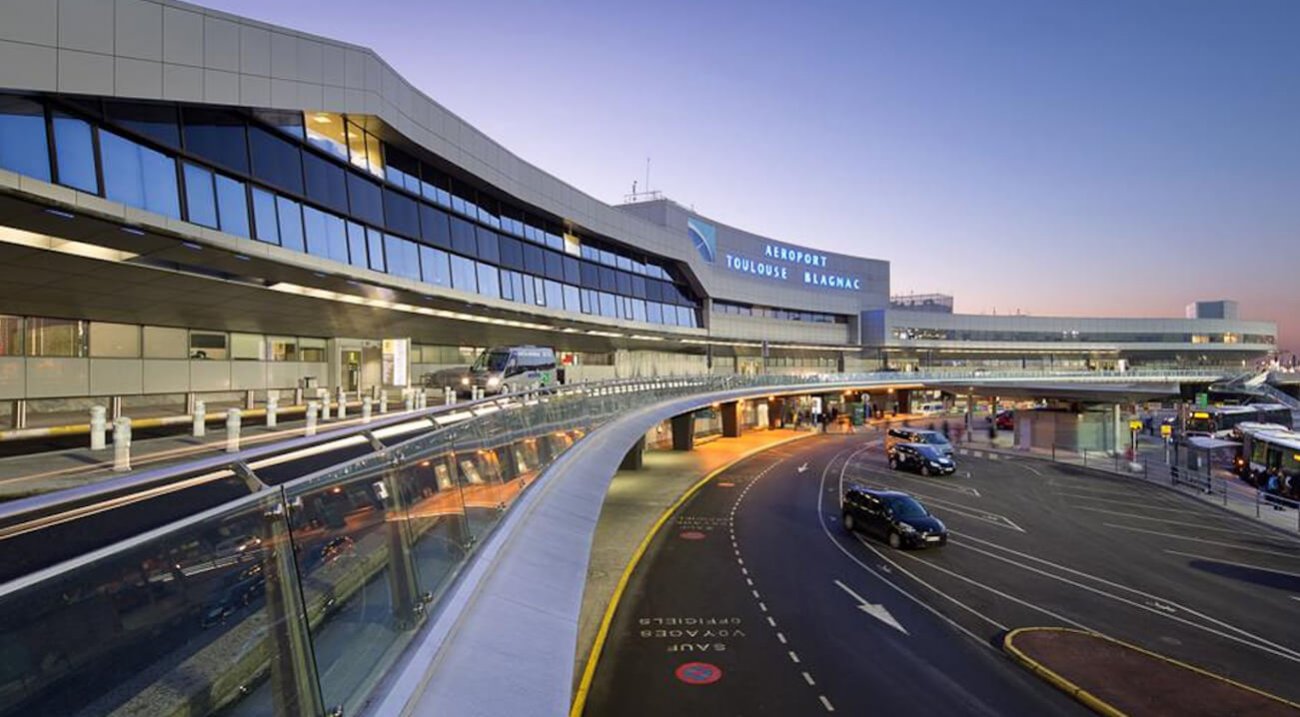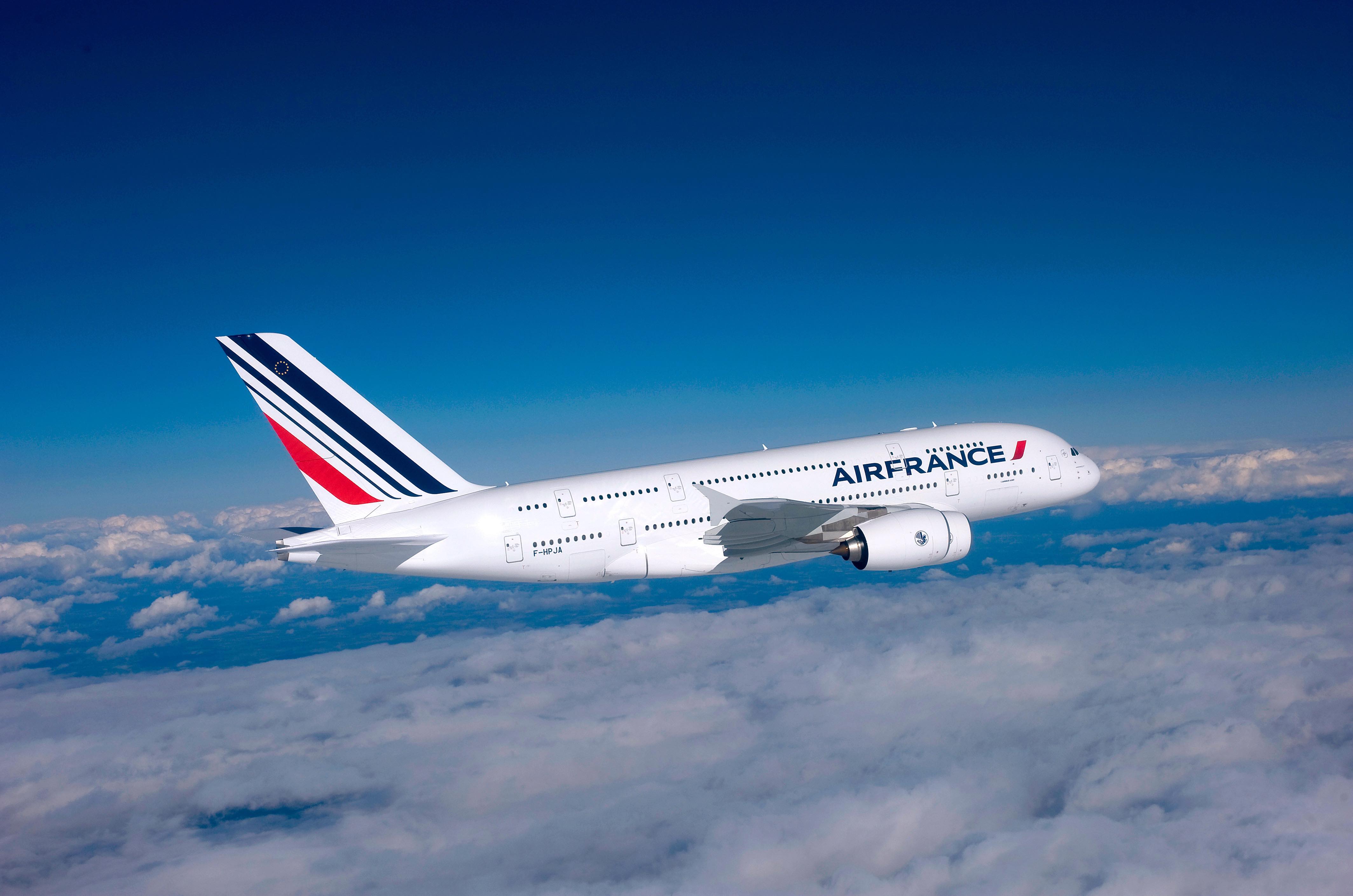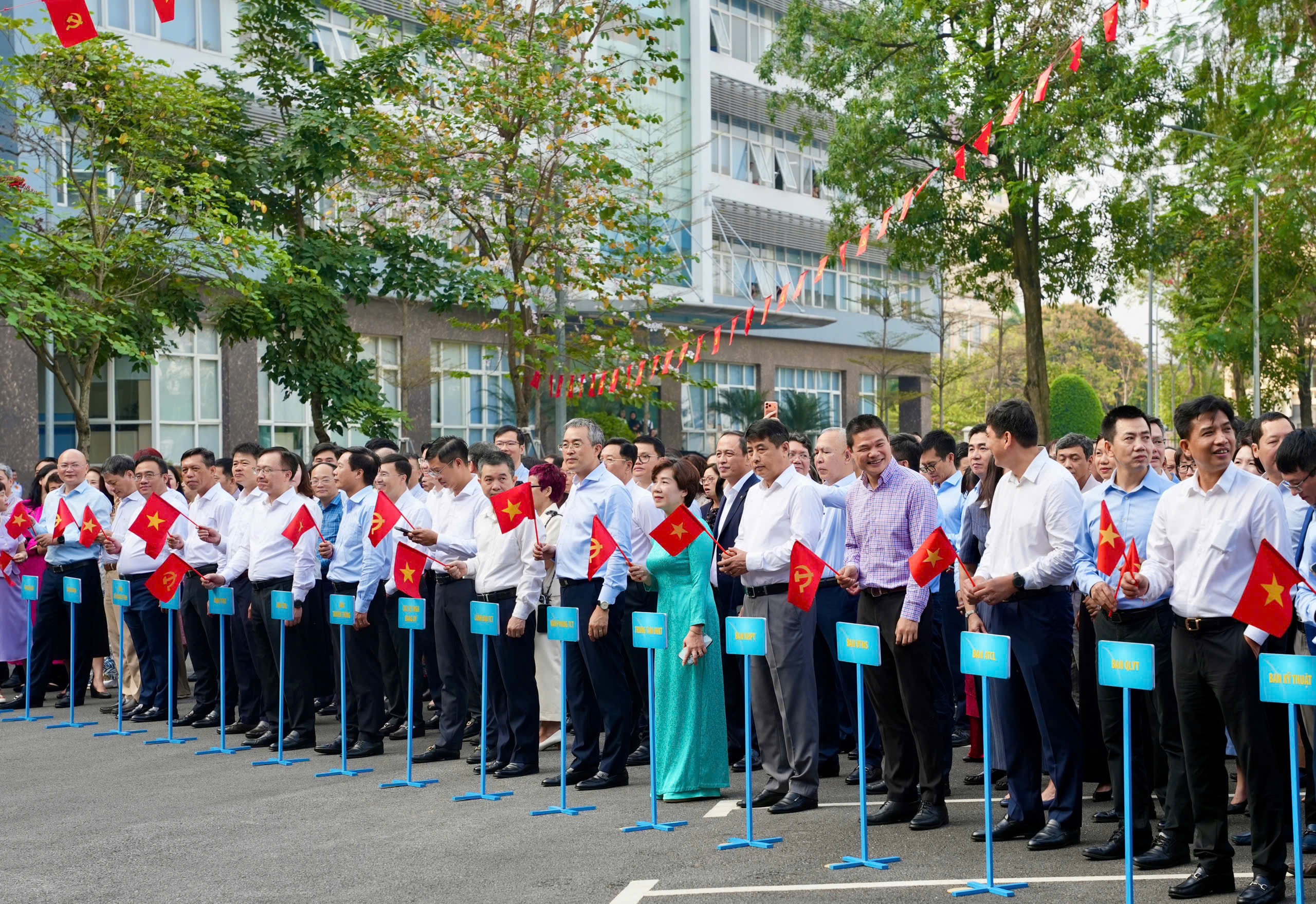France will soon be applying a new tax that will impact airline customers. The new tax is being introduced in the name of protecting the environment. It is expected to bring in $200 million that will be used to support public transportation.

Toulouse-Blagnac airport (Cre: Courrier Australien).
The new French air tax will begin in 2020. However, there will be some exemptions once the tax is introduced. The new tax will not apply to travelers taking connecting flights. Flights that land in France are also exempt from the tax. Only outbound flights that originate in France are subject to the new tax. However, flights that are headed to Corsica and French territories around the world are going to be exempt.
Just how much will travelers be forced to pay once France’s new air tax becomes effective next year? There isn’t one amount floating around. The price of the new tax will actually shift based on distance and ticket type. A person booking a flight to a nearby city might only pay $1.70 more. However, a traveler using a Business Class ticket to fly to a destination outside of the European Union could be on the hook for an extra $20.
 Air France has been one of the loudest opponents of the tax (Cre: Live and let’s fly).
Air France has been one of the loudest opponents of the tax (Cre: Live and let’s fly).
French airlines aren’t happy about the new tax. Air France has been one of the loudest opponents of the tax. The airline released a statement this week warning that the new plan will cause severe penalties for Air France and hurt its ability to be competitive. In addition, Air France highlighted the fact that it is already going to great lengths to make updates that are environmentally friendly.
Representatives at Air France feel that the losses that will be experienced as a result of the tax will actually make it more difficult for the airline to make upgrades that reduce its environmental footprint. The fact that close to half of all of Air France’s flights are operated out of France leaves the airline especially vulnerable to the impact of the new tax. The French government already taxes its airline industry more heavily than almost any other country in Europe.
Cre: GET
Nguyen Mai Huong – COMM












